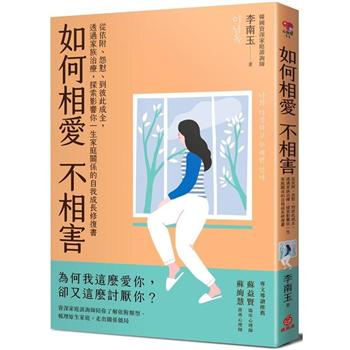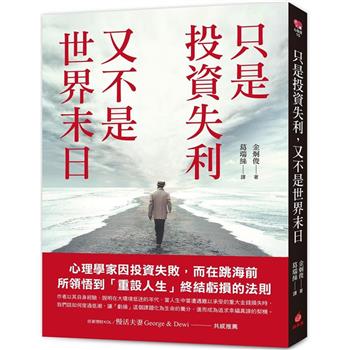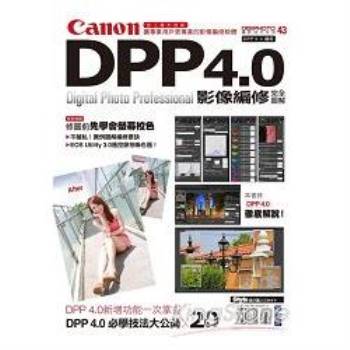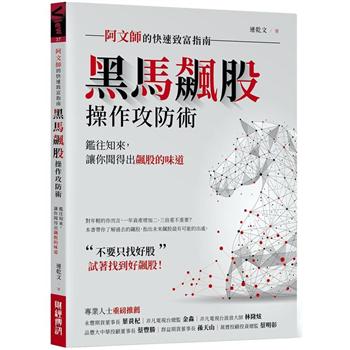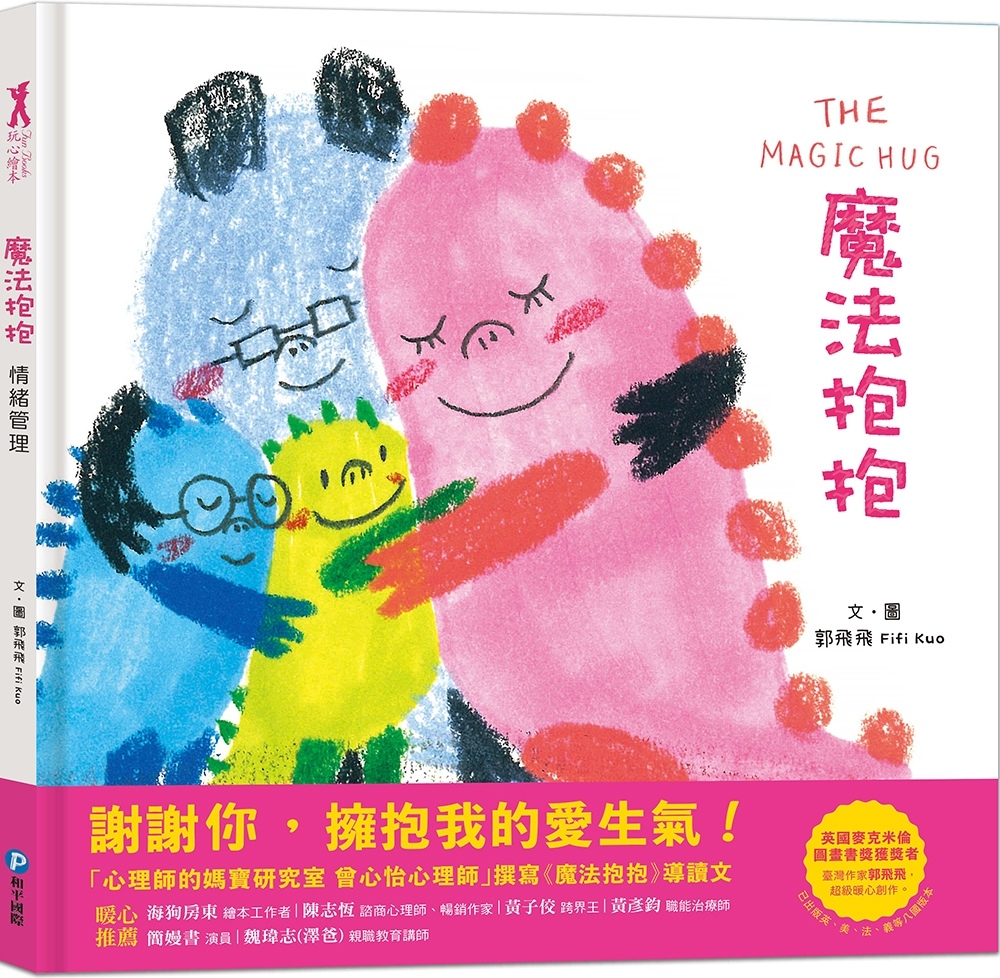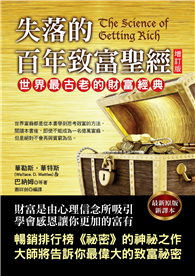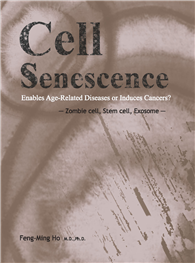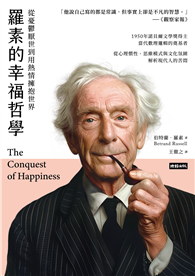"I was spellbound . . . one of the best books I’ve recently read" --Elizabeth Strout, Pulitzer Prize-winning author of Olive Kittredge.
A powerful church. An acquiescent government. In The Price of Children, investigative journalist Maria Laurino details the shocking story of mothers and children deceived and exploited as directed by the highest levels of the Vatican. Between 1950 and 1970, the Vatican and the American Catholic Church sent nearly four thousand Italian children to the United States for adoption into "good" Catholic homes. With the religious stigma of unwed motherhood turning families against daughters and a Church and State wanting "illegitimate" children sent abroad, mothers were lied to, given forms to sign that they didn’t understand, or even told their baby had died, all to further supply this international adoption pipeline. Maria Laurino uncovers archival correspondence among priests who ran this program; provides testimonies from birth mothers and their adopted children; and with passion and insight, considers how the intersection of Catholicism, women, sex, and sin shaped private lives. The Price of Children is a moving and brilliant account about the tenacity of people searching for their origins and trying to answer long-buried questions. It is a chilling lesson for post-Dobbs America as the author describes the danger of a powerful church and acquiescent government dictating the shape of a woman’s life. "I could not put this book down. An amazing read. Laurino eloquently unfolds the nefarious history of the Italian ’war adoptions’ in a manner that is entirely readable and clear as a bell, her research precise and well rendered." --Elizabeth Strout, Pulitzer Prize-winning author"An extraordinary work of investigative journalism." --Corriere della Sera"By shedding light on the mistreatment suffered by single mothers of that time, [The Price of Children] invites all women to defend those civil rights which, today, are questioned in many parts of the world." --Vanity Fair Italia"[An] astonishing investigative work. . . . Maria Laurino’s painful, very rich and very human book. . . . Helps us ask fundamental questions about the present and the future." --Doppiozero| FindBook |
有 1 項符合
The Price of Children: Stolen Lives in a Land Without Choice的圖書 |
 |
The Price of Children: Stolen Lives in a Land Without Choice 作者:Laurino 出版社:Open Road Media 出版日期:2024-10-15 語言:英文 規格:平裝 / 324頁 / 普通級/ 初版 |
| 圖書館借閱 |
| 國家圖書館 | 全國圖書書目資訊網 | 國立公共資訊圖書館 | 電子書服務平台 | MetaCat 跨館整合查詢 |
| 臺北市立圖書館 | 新北市立圖書館 | 基隆市公共圖書館 | 桃園市立圖書館 | 新竹縣公共圖書館 |
| 苗栗縣立圖書館 | 臺中市立圖書館 | 彰化縣公共圖書館 | 南投縣文化局 | 雲林縣公共圖書館 |
| 嘉義縣圖書館 | 臺南市立圖書館 | 高雄市立圖書館 | 屏東縣公共圖書館 | 宜蘭縣公共圖書館 |
| 花蓮縣文化局 | 臺東縣文化處 |
|
|
圖書介紹 - 資料來源:博客來 評分:
圖書名稱:The Price of Children: Stolen Lives in a Land Without Choice
內容簡介
作者簡介
Maria Laurino is the author of the national bestselling memoir Were You Always an Italian?, an exploration of how stereotypes and class prejudice influenced Italian American identity; the memoir Old World Daughter, New World Mother, a meditation on contemporary feminism; and The Italian Americans, a companion book to the PBS documentary. A former staff writer for the Village Voice, Laurino’s work has appeared in numerous publications including the New York Times, Washington Post, the New Republic, and Salon; her essays have been widely anthologized including in the Norton Reader.
marialaurino.comShattered but Not Broken
When the Sun Doesn’t Rise: Installments of Faith
Middle Eastern and European Christianity, 16th-20th Century: Connected Histories
Evangelization and christian development
Devotion to the Sacred Heart of Jesus
The Prescription Against Heretics
A Practical Commentary On Holy Scripture (Old Testament)
The Apology
The Pentecostal Gender Paradox: Eschatology and the Search for Equality
The Politics of Sacred Places: A View from Israel-Palestine
When the Sun Doesn’t Rise: Installments of Faith
Middle Eastern and European Christianity, 16th-20th Century: Connected Histories
Evangelization and christian development
Devotion to the Sacred Heart of Jesus
The Prescription Against Heretics
A Practical Commentary On Holy Scripture (Old Testament)
The Apology
The Pentecostal Gender Paradox: Eschatology and the Search for Equality
The Politics of Sacred Places: A View from Israel-Palestine
|
